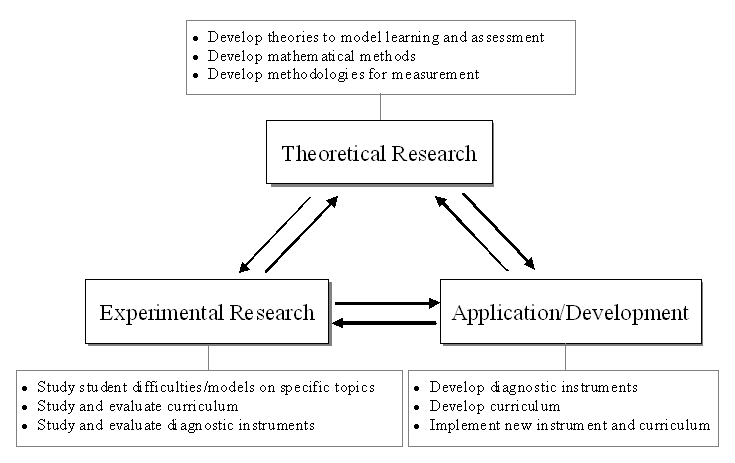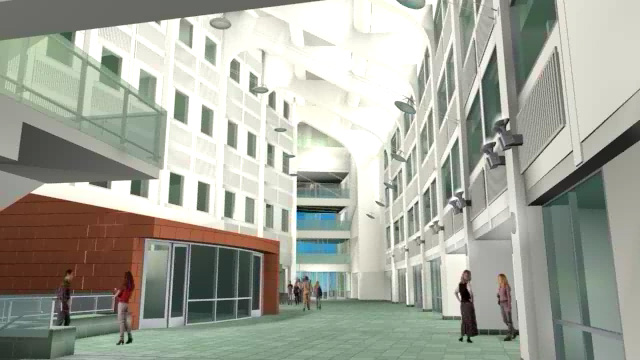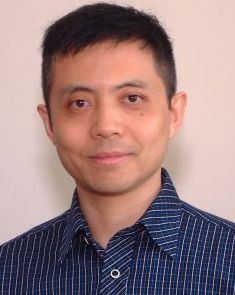|
|
Physics
Education
Research
(PER) at OSU Physics Physics education research
is a rapidly growing interdisciplinary branch of physics which studies the
processes of how people learn and teach physics. This field of research is
pursued in physics departments at a number of leading graduate and research
institutions across the country and has attracted funding from major
governmental agencies. The results of this research provide the basis for an
increasing understanding of the learning process as it applies to physics, as
well as the basis for improved curriculum development and evaluation and for the
integration of new technologies into the instructional process. Research in this
field requires both a deep understanding of the physics content and insights
into the results of the learning sciences as they apply to instructional
processes in physics.
As with other fields of physics, physics education depends for its progress on
both experimental and theoretical research. The Ohio State University Physics
Education Research Group has strength in both of these areas, and is pursuing
them through a number of projects supported by Federal and State funding.
On the experimental side, we have developed a rich knowledge base about specific
difficulties that students encounter in learning physics and we apply this
knowledge to create innovative curriculumand assessment materials that help
students become better learners. On the theoretical side, an important and
challenging task is the development of formal theoretical and mathematical
models of the learning process. This work relies on, and is applied to,
experimental investigations of specific aspects of student learning in a wide
range of physics topics in various education settings. Our research integrates
advances in neural science, cognitive science and psychology to model the
learning process in physics and to develop measurement instruments and data
analysis methods. The research work is part of a continuous cyclic process
of scientific research and development in physics and science education. An
overview of the research framework is shown below.

Research
Interests and Fields
Measurement and assessment methods
• Model Analysis – multi-dimensional modeling for assessing
learning.
• Dynamic models of learning
–
probability
frameworks for education measurement.
• Development of quantitative instruments for assessing
scientific reasoning ability.
• Cross-cultural large scale data collection and targeted
comparisons.
• Structures of student knowledge and the context dependent
cueing processes
Computational models of student learning processes
Context cues and biologically plausible neural network models
Context dependence of students’ learning
Technologies in education (e.g. in-class polling, internet, and virtual reality)
Current Projects
• Scientific Reasoning: Assessment and Effective Teaching
• STEM Learning: Assessment of concepts and problem-solving; Effective teaching
methods
• Large Scale Assessment Data Center and Research Community
• In-class polling methods –
Voting Machines, Clickers, etc.
• Virtual Reality
Physics Experiments
|





